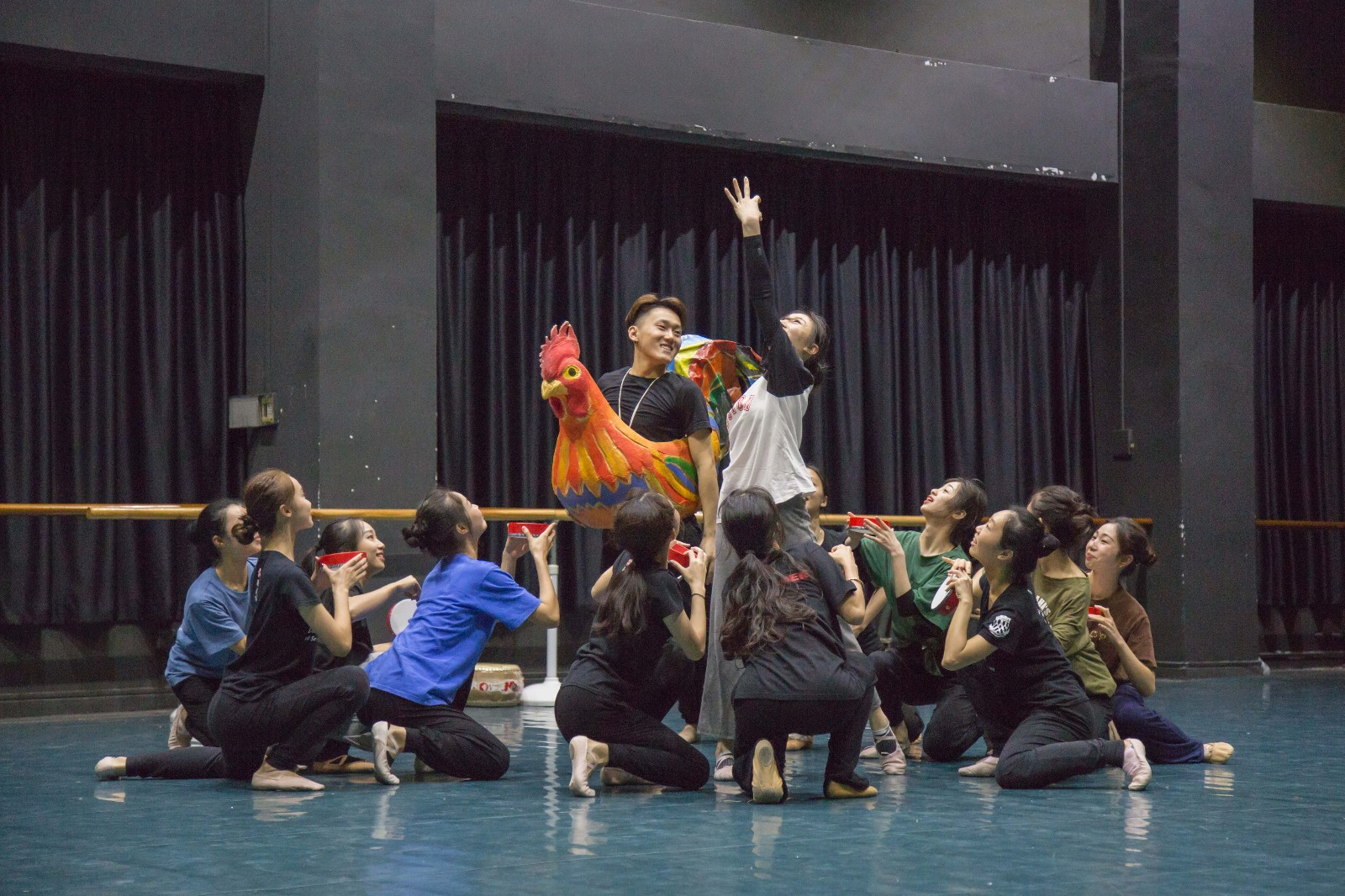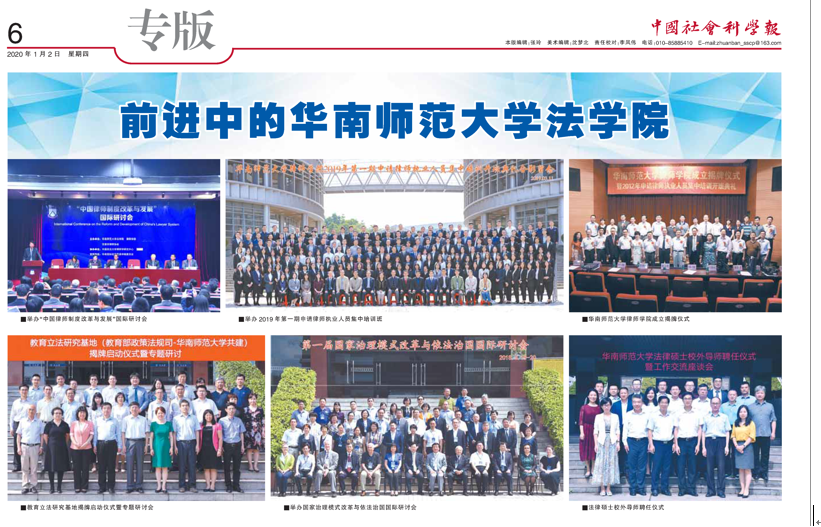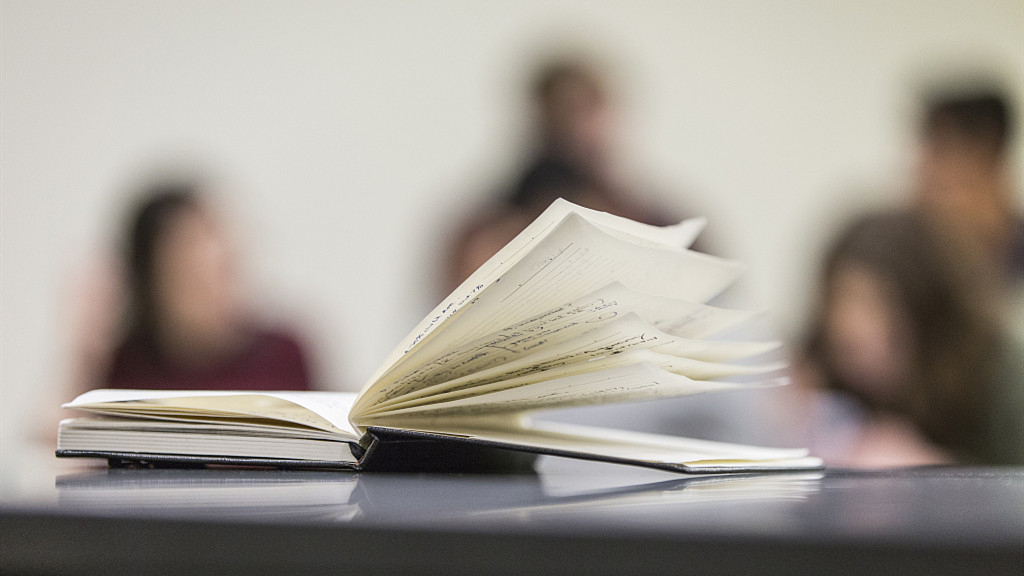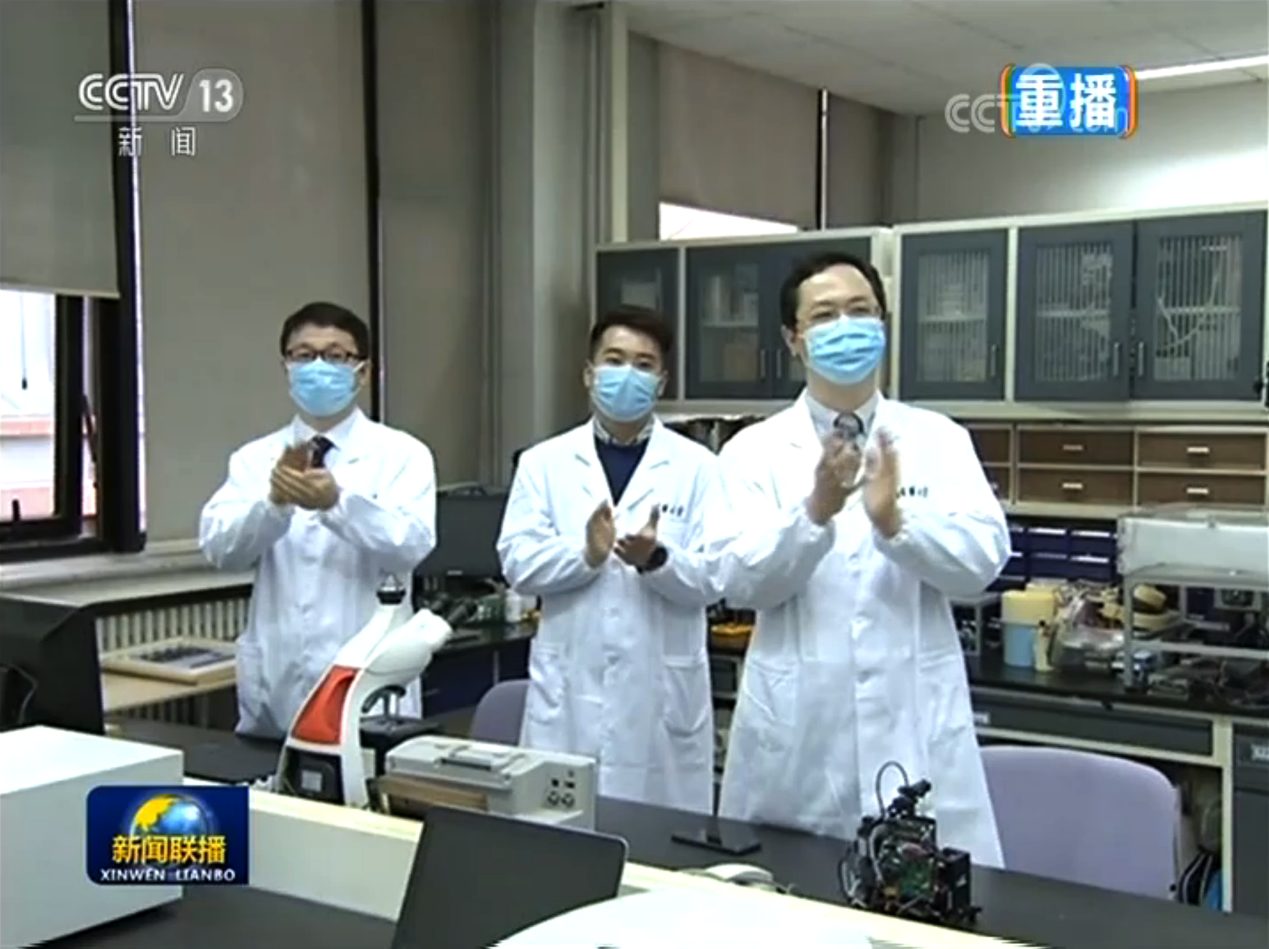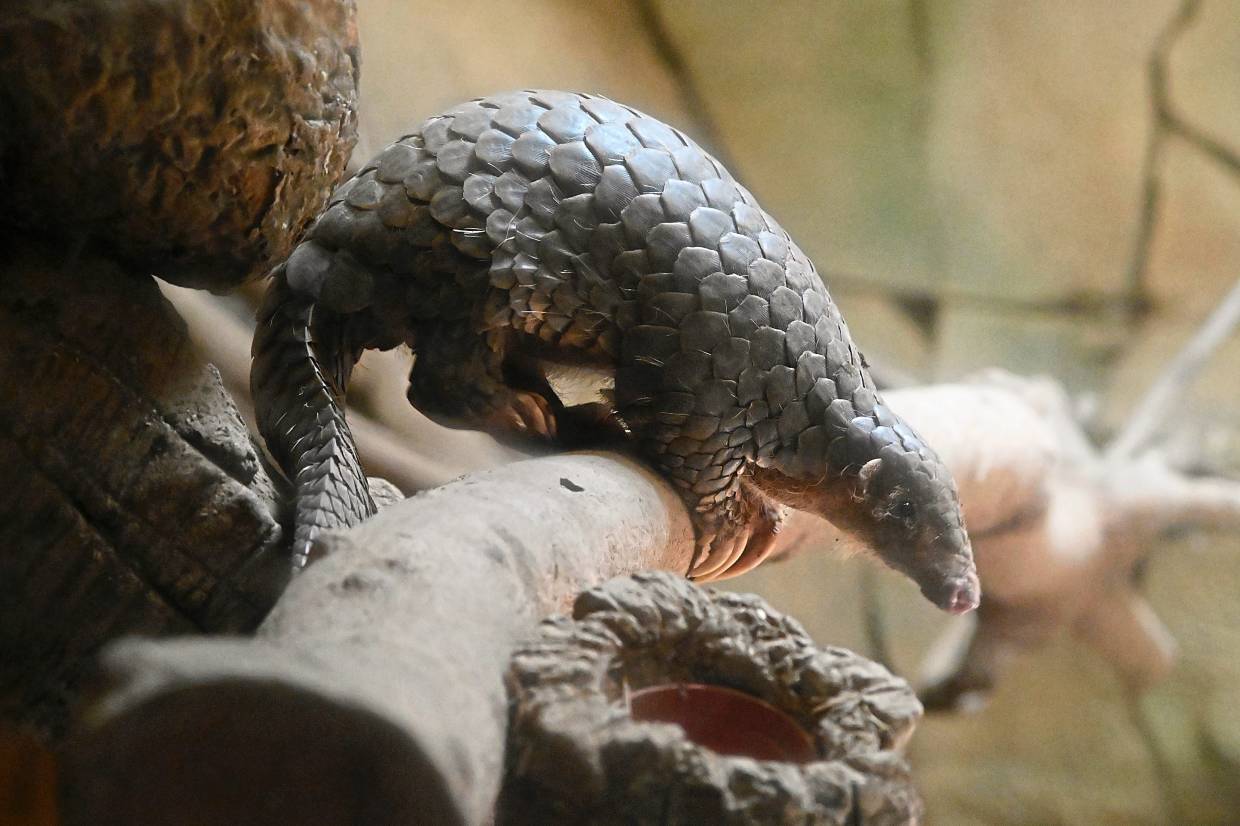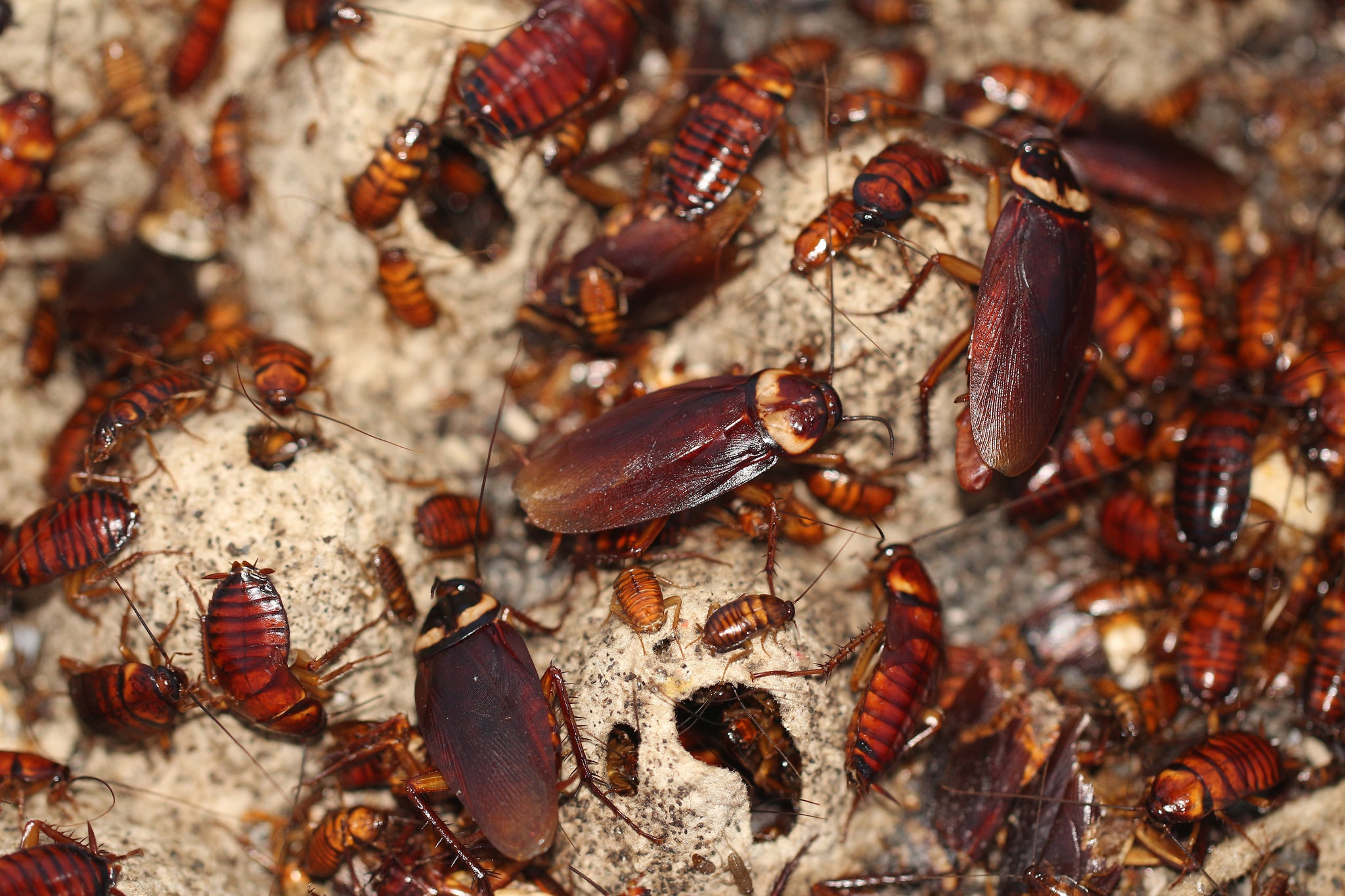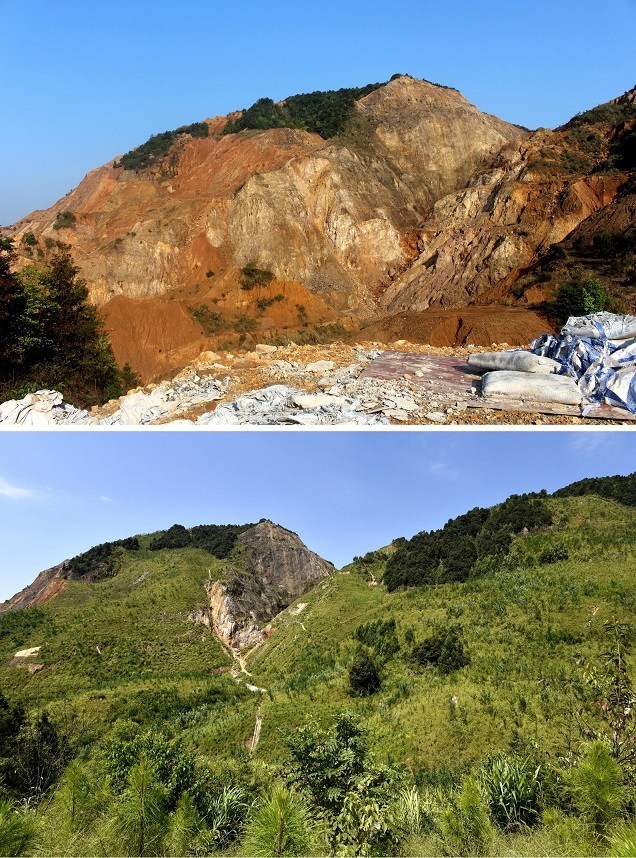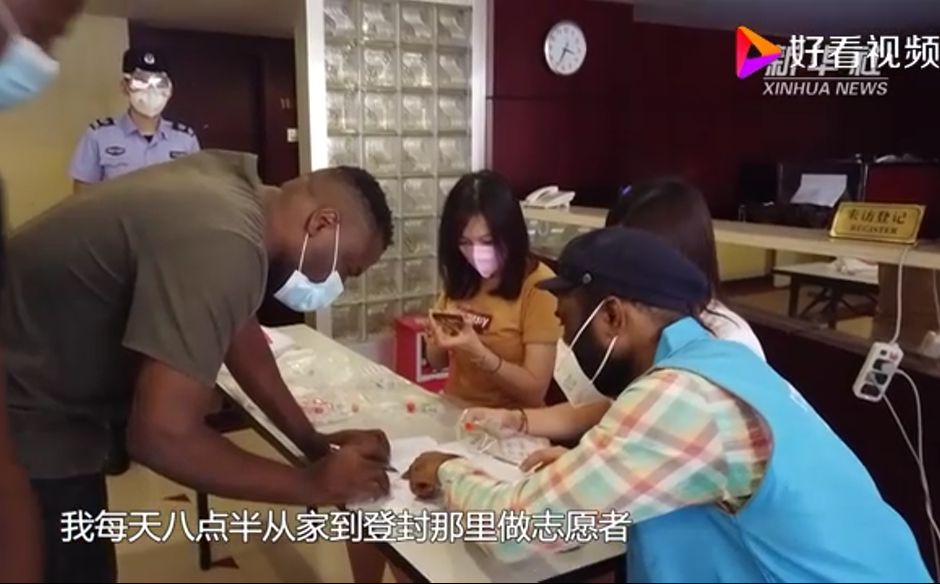
Likes
A Chinese provincial government's directive banning schools from giving homework to young students in the interests of a more balanced life has sparked controversy.
Last week, a Department of Education in China’s northwestern Shaanxi province issued orders forbidding schools from giving written homework to students in grades one and two (around ages 6-8).
It also banned schools from allowing students in grades three to six (ages 8-12) to do more than one hour a day of homework while, for students in grades seven to nine (ages 12-15), 90 minutes was the maximum time per day they could spend on it each day, the department said.

Parents are worried that eliminating homework will result in some students falling behind their peers. Photo: Illustration/Tom Leung
The rule is not new, but simply a reinforcement of an earlier regulation made by China’s Ministry of Education in September 2018 in an effort to provide students with a more well-rounded life by easing academic pressure.
The rule has largely been ignored by most schools across the country.
But the Shaanxi authority’s recent ruling has attracted much criticism online from those who say the measures would disadvantage students given the fierce competition they face in national examinations for school places in later years.
The topic has been viewed more than 60 million times since the authority’s announcement on Weibo – China’s Twitter.
"Lazy parents will follow teachers' requirements and follow the school teaching speed while parents with ambitions [for their kids] will push them to study hard secretly at home," commented one user. "There will be a big gap [between these two groups of students].”
In China, students complete nine years of compulsory education before taking the senior high school entrance exam, or zhongkao, to win a secondary school place.
Winning a university place means sitting a national university entrance examination, or gaokao, in their third year of secondary school.
"Since gaokao and zhongkao are there, why are the education authorities bothering to create a false scene for primary school students that studying is an easy thing?" wrote another person on Weibo. "If you really believe in the no-written homework policy and don’t do any, I bet you will regret it in future."
The local government in Fuzhou, in the southeastern Fujian province, last week also placed the same restrictions on its school students.
Earlier in February, Lu Yugang, director of the basic education department at the country’s Ministry of Education, appealed to parents not to impose excessive academic pressure on their children.
"I remind you to put your kids’ physical and mental health first," Lu said. "Arrange their study, life and sports exercises in a scientific and appropriate way so that they can grow up healthily and achieve all-round development.”
Shu Na, a Shanghai-based mother of a grade-three student, said during the first two years at elementary school, her daughter needed to do one hour’s homework every day during her first two years at primary school. Half of that was written work. When she moved to grade three, her homework increased to 90 minutes a day.
"I have no idea of the homework restrictions [by the education authorities]," Shu said. "Fortunately, my daughter studies at a public school. As far as I know, our homework amount is far less than that of private schools."
A Chinese language teacher at a public primary school in Shanghai’s Putuo District said the city’s education authorities prohibited written homework for grades one and two students as far back as six or seven years ago.
"We teachers do not assign the ‘written’ homework,” one teacher, who goes by the surname Shi, said.
"Instead, we ask students to do reviewing after school. This would lead students to write many things as a way of review, including Chinese characters, pinyin, English words and maths calculations.”
She said most parents were happy to supervise homework and very few had lodged complaints about the amount their children had been given.
"I told the parents of my students that grades one and two students should have a solid foundation [for their studies]," Shi said. "Otherwise, they will find it difficult to catch up with others once they go to grade three because the curriculum will be much more difficult than the first two years."
"I would say getting students to relax is a systematic project." Zheng Fuming, the vice dean of South China Normal University’s School of Education in Guangzhou, in the southeastern Guangdong province, said the ban on written homework for primary school students was put in place to reduce pressure on young pupils who had just graduated from kindergarten and were about to start their school life.
"No written homework does not mean no studying tasks after school,” Zheng said. Students still need to review what they learn at school, although not through the written form, but through other study forms such as oral calculation in everyday life."
The academic said the homework regulation was one of a series of initiatives the Ministry of Education had taken in recent years to alleviate academic pressure placed on students.
"Spending too much time on studies has led to students' unbalanced development. They are poor in sports and lack physical qualities and arts literacy. Short-sightedness and obesity are just some of the problems," Zheng said.
Zheng added that parents who disagreed with the ruling would continue to make children study long hours at home and take part in extracurricular classes to gain an academic advantage over their peers.
The Ministry of Education has vowed to crack down on students studying work at higher levels than they should be learning at, but said it knew the practice persisted and promised to intensify its efforts to regulate the market.
"I would say getting students to relax is a systematic project," Zheng said. "It involves reforms of certain selecting tests, such as zhongkao and gaokao."
What to read next:
